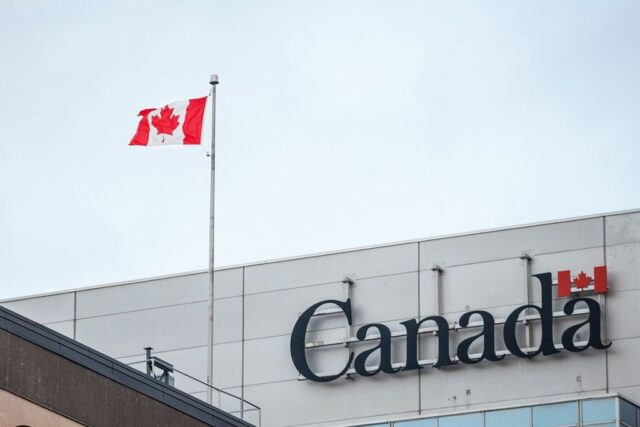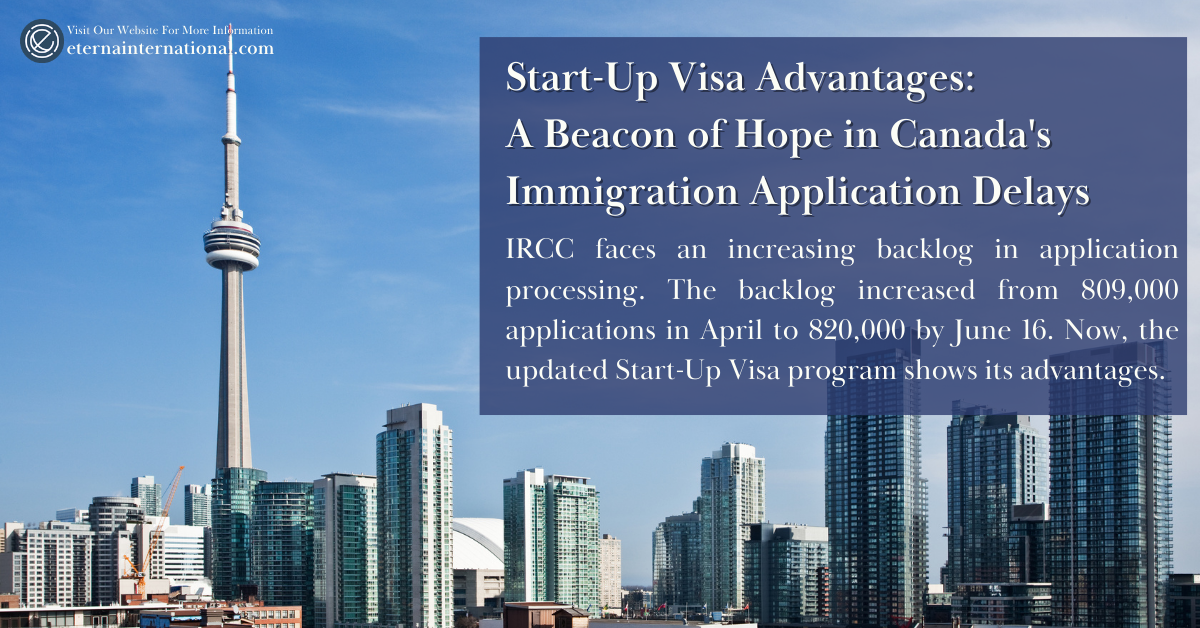Canada faces an increasing backlog in immigration application processing. While the backlog of Canadian immigration application remains a challenge for the IRCC, the organization has shown some improvement in processing times and is making efforts to address the issue. The IRCC finalized over 5.2 million applications in 2022, doubling that of 2021, and aims to process 80% of all applications within service standards.

As of May 31, permanent resident applications had the highest backlog percentage (48%), followed by temporary resident applications (33%) and citizenship applications (27%). The backlog increased from 809,000 applications in April to 820,000 by June 16, attributed partly to more applications being counted in the tally.
However, despite the backlog challenges, the IRCC has shown some improvement in processing times. In May, 64% of Canadian immigration applications met service standards, up from 60% in April. It successfully processed 417,000 study permits and 696,000 work permits between January and May, higher than the previous year. The recent PSAC strike had some impact on visitor visa processing, but study permits exceeded the service standard, and work permits showed improvement.
Advantages of the new changes in the start-up visa program
In this situation, the Start-Up Visa program, updated lately, offers a glimmer of hope for entrepreneurs seeking a more efficient route to permanent residency.
The IRCC has increased the number of spots available under the program from 1,000 to 3,500 for 2023, effectively tripling the anticipated permanent residents in the Federal Business category compared to 2022. Further increases are planned for 2024 and 2025, with prioritization of applications backed by angel investor groups or venture capital funds.

The new rules under the Start-Up Visa program emphasize the importance of prioritizing applications backed by strong financial support. Applications with committed capital from venture capital, angel investor groups, and business incubators will be given priority, along with those backed by business incubators that are members of Canada’s Tech Network.
The IRCC will focus on nominations from designated incubators and limit the number of new candidates that certain designated entities can put forward, further reducing pressure on the system. This prioritization strategy will help streamline the application process and potentially shorten processing times for well-supported entrepreneurs.
What’s more, examining the data spanning from 2016 to 2022 obtained from IRCC, the Canada Start-up Visa Program exhibited an overall success rate of 80% over the analyzed six-year period. Angel Investor Groups consistently achieved high approval rates, achieving 89% on average across the years.



